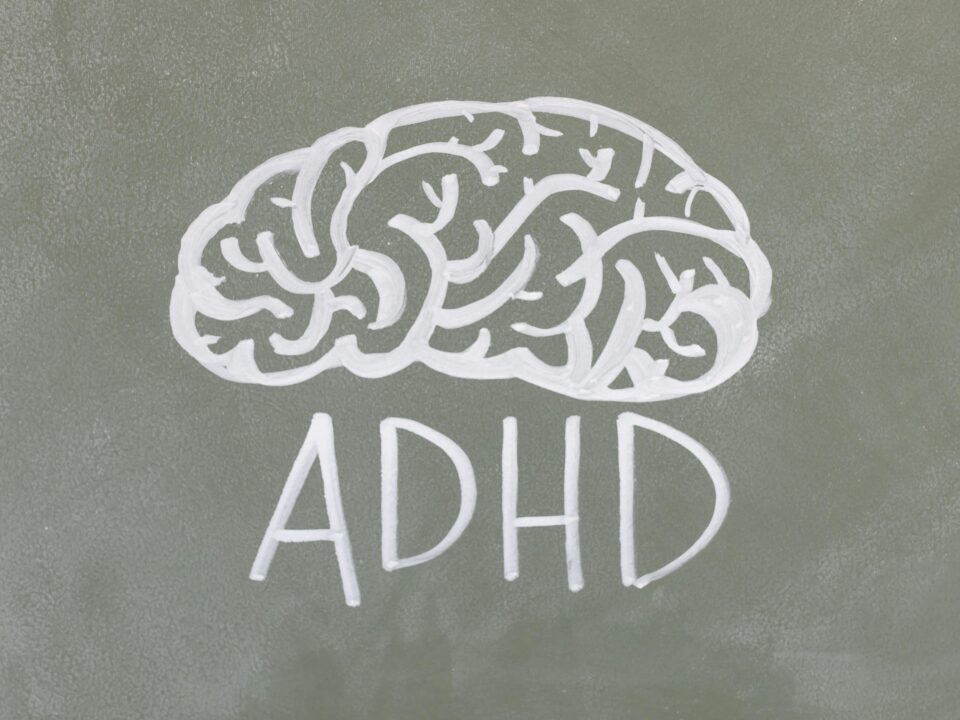Why Do Autistic People Dislike Phone Calls?

Featured Image by Yogendra Singh, Pexels
For many people, phone calls are straightforward ways to communicate. People with autism, however, can find using the phone challenging. Find out more about the factors that make phone calls difficult for autistic people; and if they prefer written communication as opposed to using the phone.
Factors that make phone calls difficult for people with autism
Emma Louise Bridge, author of Autism, Anxiety and Me, finds using the phone “highly stressful” (Bridge, 2016, p. 143). She outlines the following factors that make using the phone difficult for autistic people like herself:
- Calling the wrong number.
- Worrying about a person other than the one she wants to speak to answering.
- Not having enough thinking time.
- Being unable to undo things she has already said.
Here are some more factors that make phone calls difficult for people with autism:
Lack of visual cues
People with autism can find video calls easier than audio phone calls because they can see visual cues on the former. This includes facial expressions and gestures. Despite autistic people finding it difficult to understand facial expressions, they might be able to recognise gestures.
On audio calls, people with autism can’t see the facial expressions or the gestures of the person they are talking to.
Jessica De Castro on Quora says that when she talks to someone face-to-face, she can put on an, “I am thinking, please wait,” face. However, she can’t do this on the phone. Jessica also doesn’t have access to the person’s face and gestures to help her work out their intentions and feelings.
Marsha England, also on Quora, finds talking to someone face-to-face hard enough. When she talks to them on the phone, she finds it much harder because she can’t see the visual cue of the person’s face.
Sensory sensitivities

Image by Mikhail Nilov, Pexels
Many autistic people are uncomfortable with loud and unexpected sounds. The sound of a phone ringing is a good example of a loud, unexpected sound making autistic people feel uncomfortable. A lot of autistic people, especially those who were diagnosed later in life, have PTSD from a lifetime of being misunderstood or bullied. A ringing phone can be a trigger for autistic people who also have PTSD. Just hearing a ringing phone can cause so much stress for the autistic person that they would find talking immediately afterwards overwhelming.
Not only can autistic people feel overwhelmed if the phone rings loudly, but they may also think that the person on the other end can talk very loudly. This could be because the autistic person has hyperacusis, which is sound sensitivity. The hyperacusis could be another reason why autistic people can feel overwhelmed when the phone rings.
Processing delays
Many autistic people struggle with processing verbal information. They often rely on lip-reading, facial expressions (despite some autistic people struggling to read them), body language, and context cues to work out what someone else is saying to them. With just a voice, it can be difficult to understand the words and their intended meaning. Asking someone to repeat themselves several times can cause annoyance and frustration on both ends.
When autistic people use the phone, they can take a long time to respond to the person on the other end because they are still processing what the other person has said.
Some people with autism can also have auditory processing disorder (APD). This can make phone calls even more difficult for them, especially if there is background noise whether it is from the end of the autistic individual or the end of the person they are speaking to.
Lack of control
When Bridge uses the phone, she panics when she has “to press buttons for options.” She also thinks there is “never an option that exactly covers what [she] want[s] (Bridge, 2016, p. 144).” The lack of the options that Bridge wants can also be a factor of a lack of control when autistic people use the phone.
Phone calls can cause autistic individuals to have meltdowns, which means that they temporarily lose control of their behaviour if they find phone calls overwhelming.
Many people with autism can also have ADHD. When people with both autism and ADHD speak on the phone, they can either speak out of turn due to a lack of impulse control, an unawareness of the expectations of speakers and listeners, and a lack of understanding of social contexts.
Preference to written communication

Image by Christina Morillo, Pexels
Bridge prefers writing e-mails to making phone calls because e-mails give her more time to think (Bridge, 2016, pp. 143 – 144). Our content volunteer and author of this blog post, April, who is autistic, also prefers written communication such as text messaging and online instant messaging besides e-mail because like Bridge, it gives her more time to consolidate her thoughts. Another reason why April prefers written communication to phone calls is because the only phone she has at home is a smartphone and the signal can be patchy at times. This, along with her somewhat poor diction, can make her worry that the person on the other end can’t understand what she is saying.
In 2021, Howard and Sedgewick conducted a study that determined how autistic adults prefer to communicate in different scenarios. When contacting unknown people or organisations, e-mail was preferred, and phone calls were very unpopular. For friends, family and people autistic individuals felt comfortable with, they preferred both face-to-face and written forms of communication.
Conclusion
People with autism may find phone calls difficult due to various factors such as a lack of visual cues, sensory sensitivities, processing delays, a lack of control, and a preference to written communication. They may also worry about dialling the wrong number, a person other than the one they want to speak to answering, not having enough thinking time, and being unable to undo what they have already said.
Autism test
If you think you might have autism, please take our free online autism test. Please note that the test is not intended to diagnose autism. Only a qualified health professional can make a formal diagnosis.




